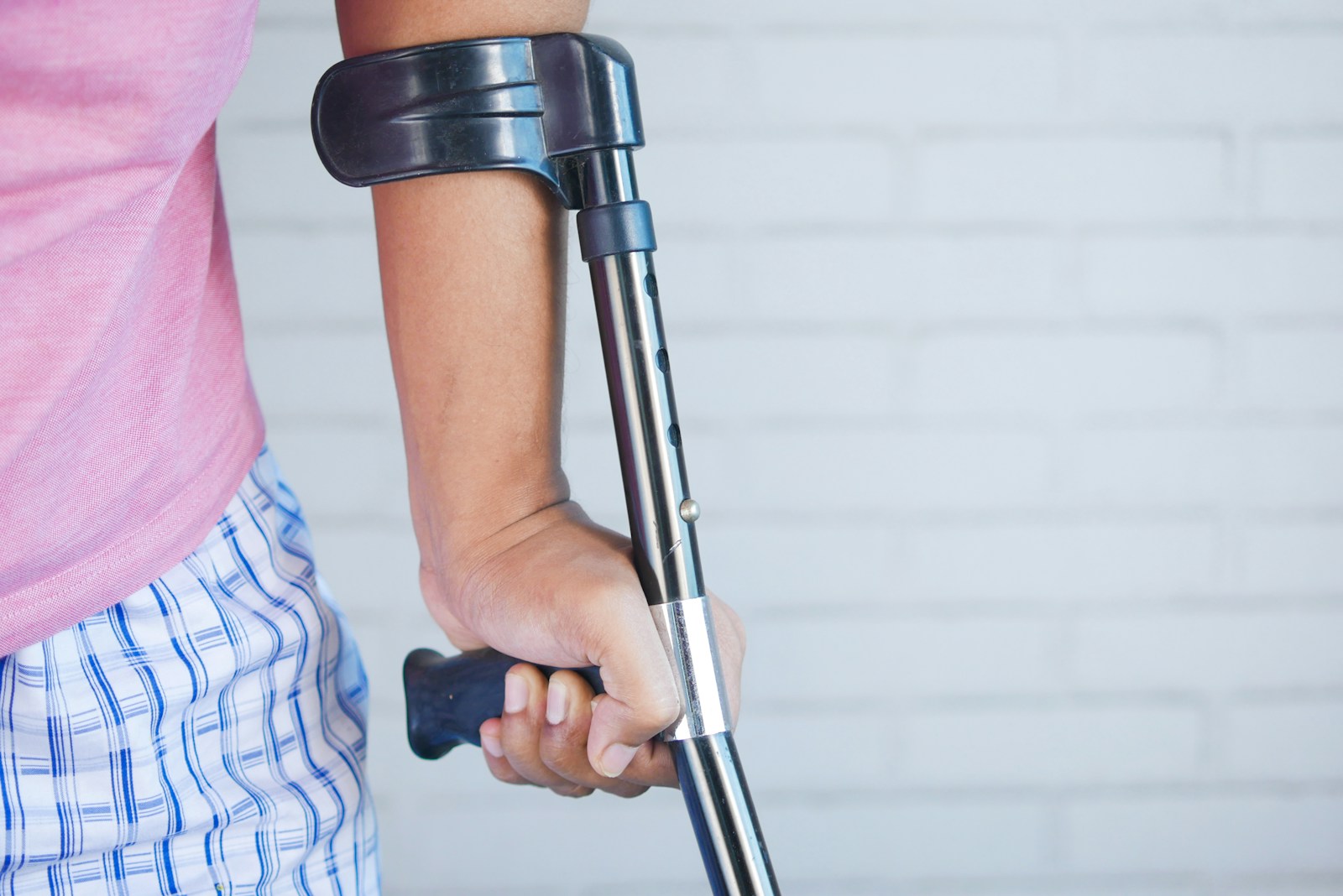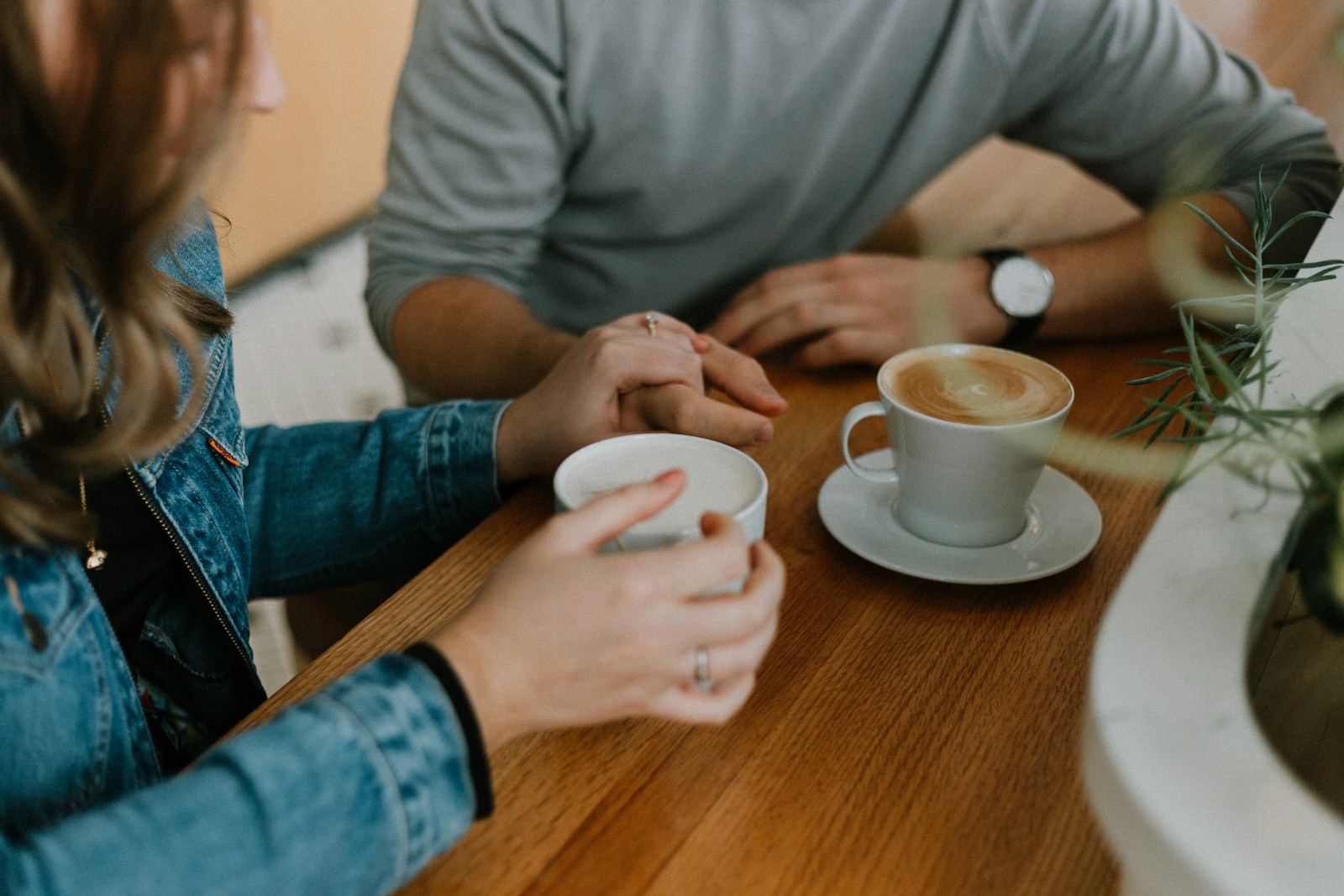
This blog isn’t about how to create social media accounts … you already know how to do that.
This is about how you use the accounts you’ve created and how you are portraying yourself online.
This is the most important account for you to stay on top of. Because Facebook privacy settings are constantly changing, you never quite know what people will be able to find at any given moment. Even if you have strict settings for every aspect of your profile, you never know when something could slip through the cracks.
My advice? Never upload pictures of yourself blatantly drinking or where you’re visibly intoxicated. I understand how you might think these photos are funny and that you want to share them with your friends, but trust me, you’re going to look at them again a year or even six months down the road and wonder, “WHY DID I POST THESE?” Instead of posting them to Facebook, upload them to a private photo album on a website like Picasa or store them in a folder on your computer. This way, you’ll be able to keep the memories without leaving a digital trail of your partying days in college. Trust me, your 22-year-old self will thank you later on!
Also, watch what you say and even what you share. Something that keeps me in check is knowing that my 9-year-old cousin is my Facebook friend. When I’m posting something I’m not 100 percent sure is appropriate, I think about my cousin and whether or not I would feel comfortable about her seeing it. It definitely keeps me in check! Consider adding a parent or relative on Facebook who will be this person for you.
Even if your account is set to private, anyone can take a screenshot of your tweets at any given time, so don’t think you’re able to say whatever you want without any repercussions.
As tempting as it is, avoid tweeting things like “OMG SO DRUNK” or “I loveeeeee beeeeer.” That isn’t to say you can’t tweet details about your life, but it’s more about the context. Maybe instead of saying, “Getting wasted with my BFF,” you could say, “Enjoying a night out on the town with my BFF!” These both convey details about your personal life, but the second one is less about the drinking element.
P.S. Try to avoid drinking tweets all together if you’re under 21 (for obvious reasons).
Foursquare
Under any circumstances, do not accept friend requests from people on Foursquare that you don’t know. If this person is your friend, they have access to where you are when you are there, so you definitely don’t want a stranger being able to access this information.
Even though I personally know all of my Foursquare friends, I still make a point of never checking in somewhere until I’m leaving or have already left. I recommend this because if you have the setting checked where other people you aren’t friends with can see that you’ve checked in at a certain venue, they’ll be able to see your name and that you’re there.
Also, don’t allow your Foursquare account to automatically publish to both Facebook and Twitter. If you do this, you’re letting people know where you are all the time, even if they aren’t friends with you on Foursquare!
Click here for more information on Foursquare safety.
Watch the partying pictures and be wary about where you’re sharing the photos. Some photos might not be appropriate for every account, so keep that in mind when you’re posting.
Also, I totally understand the whole “selfie” phenomenon, but for the love of God, please do not post one every two seconds. It makes you look super self-involved and phony.



I would not touch Facebook with a barge pole. If you want to have a career then ignore it.
I don’t really think that is the case. There are many practical applications for Facebook that can improve your career. Any website/social media outlet’s affect on your life is determined by what you do with it, not the outlet itself.